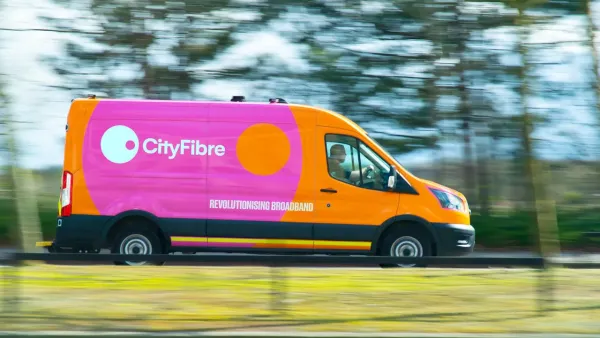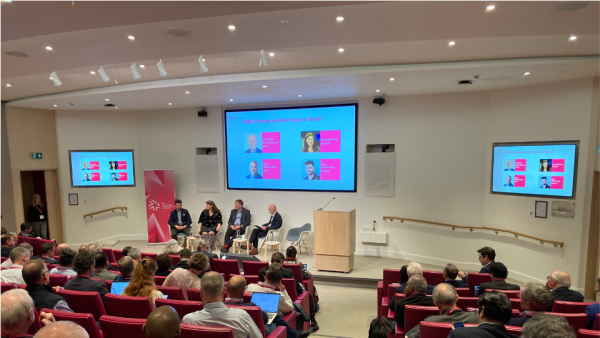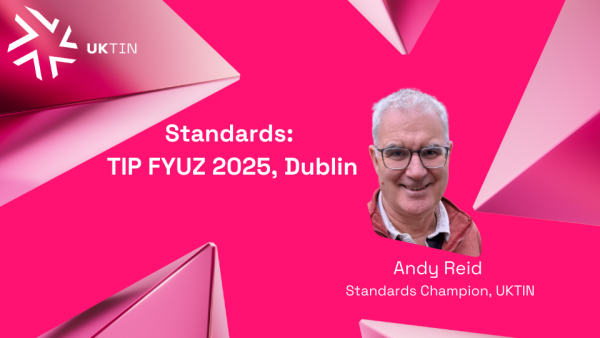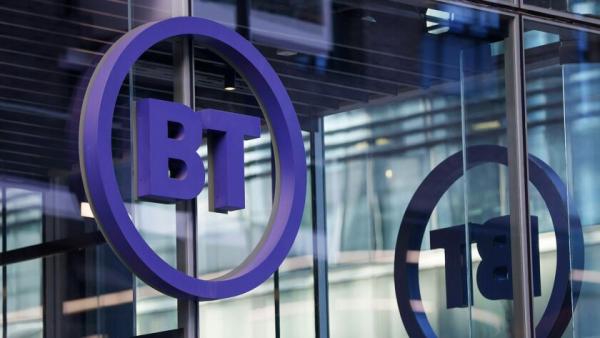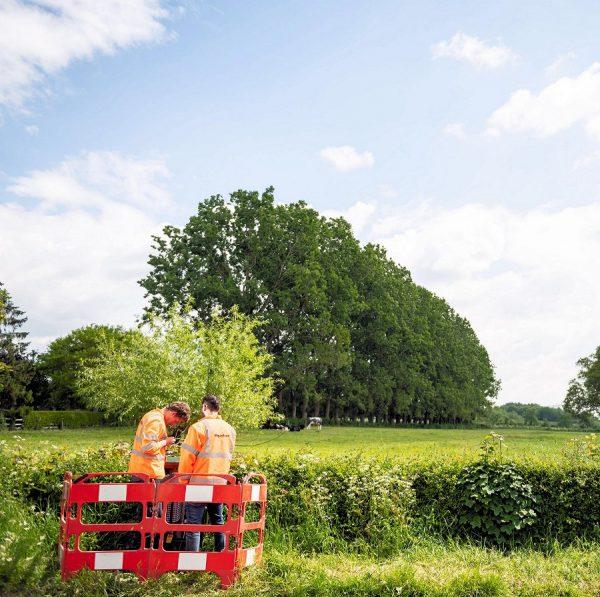More than half of low-income households are in the dark about bargain broadband deals that could save them around £200 a year, with just 5% of eligible households signed up to a discounted package.

- Millions of households could save around £200 a year by switching to a broadband social tariff
- Take-up of social tariffs has quadrupled since January 2022, but vast majority still missing out on chopping their bill in half
Ofcom and Which? urge customers to act now to grab the ‘best kept secret in broadband’
These special offers, known as social tariffs, are available to an estimated 4.3 million households that receive one of a range of government benefits. The packages offer superfast speeds and a price freeze for the duration of the contract, for as little as £12 a month.
However, despite take-up of social tariffs quadrupling since January 2022, Ofcom’s research shows that just 220,000 (5.1%) are now signed up to these deals, which could slice the annual cost of broadband in half.
During this period, the number of providers offering a broadband social tariff increased significantly, and around 85% of customers are now able to switch to one with their existing provider without paying a fee. In addition, three mobile providers also now offer a social tariff.
However, awareness of these deals remains low, as more than half of eligible households (53%) continue to be unaware of their existence during the cost-of-living crisis.
Ofcom is concerned that broadband providers still aren’t being upfront with millions of customers about how to find and sign up to these packages. So alongside Which?, we’re alerting people to the best kept secret in broadband, and urging anyone on a government benefit to contact their provider today to lock in a cheaper deal.
- 220,000 households are on a social tariff as of February 2023
- 4.3 million households are on Universal Credit
- 5.1% of UK households receiving Universal Credit are on a social tariff
- 53% of benefits claimants are unaware of social tariffs as of February 2023
Driving awareness
While Ofcom welcomes the expansion in the number of broadband social tariffs, the low take-up figures demonstrate that more needs to be done to ensure those most in need are aware of the support available.
Of eligible customers that are aware of social tariffs, most had heard about them through social media (26%) and television (21%). But just 9% found out about social tariffs through their provider, highlighting how the industry needs to go further to promote their social tariffs effectively and make them easier to find.
In our review of provider websites, we found that information about social tariffs remains challenging to locate in some cases and we discovered examples of incorrect information about the deals on webpages.
We have raised these concerns with providers and asked them to review their social tariff webpages as a matter of urgency, to ensure the information is accurate, clear and understandable for consumers, and highlights all the protections offered by social tariffs.
In addition, Ofcom continues to urge TalkTalk and O2 to introduce social tariffs in the broadband and mobile markets respectively, and we expect them to waive fees for any customers who want to switch providers to access one in the meantime.
Hundreds of thousands of customers are now benefitting from the huge savings that can be made from securing a social tariff. But millions are still missing out on superfast speeds for super low prices – with many not aware they even exist.
We’re urging anyone who thinks they could be eligible for a discount deal to contact their provider today and potentially save hundreds of pounds. Providers should also do much more to help these customers find and access these deals, at a time when these savings could make a massive difference.
Lindsey Fussell, Ofcom's Group Director, Network and Communications
With millions of households across the country struggling to make ends meet, it's outrageous that some providers continue to conceal their social tariffs from customers.
Broadband providers need to step up their efforts to promote their social tariffs to low-income consumers and ensure people aren't missing out unnecessarily. They must also make sure customers do not have to pay any Early Termination Charges to move to another firm’s social tariff.
We'd strongly encourage anyone who thinks they could be eligible for a social tariff to get in touch with their provider as soon as possible - as switching to these discounted rates could halve their bills overnight.Rocio Concha, Which? Director of Policy and Advocacy
Cost-of-living pressures persist
As of January 2023, three in ten households (29%) reported an affordability issue when paying for their phone, broadband, pay-TV or streaming bills, equating to approximately 8.1 million households. This is similar level to the record high figure of 32% recorded in October 2022.
Affordability problems can include having to reduce spend elsewhere to pay for a service, making a change to a deal, or missing a bill.
Our research also shows 6% of households with broadband and 8% with a mobile found it difficult to afford their service. This rose to 11% and 17% respectively for households on government benefits.
Ofcom analysis found that households with younger individuals, as well as those in part-time work or not in work, were more likely to experience affordability problems with their broadband and mobile services. We encourage providers to actively target social tariffs to these customers.
For tips on how to save money on your phone, broadband and pay-TV services, see our guide.
On average, an eligible household could save £202 per year by switching to a social tariff. This illustrative calculation is obtained as the difference between the average yearly spend on social tariff and the average yearly spend on a comparable commercial tariff.
Click here to read the original article.


